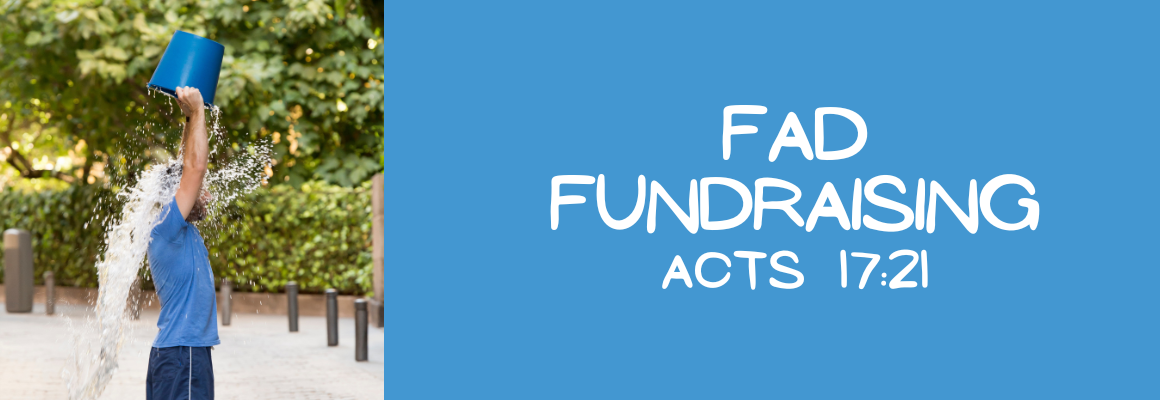The Golden Rule teaches us to actively treat others the way we ourselves would like to be treated. This principle applies directly to fundraising. You want to be treated with kindness and respect, so do your donors. You appreciate good communication, so will your donors. There’s another unspoken golden rule in fundraising—”He who has the gold makes the rules!” Each major donor has individual giving interests and should be approached in a personal way. However, there are some basic principles that apply to every donor. A foundation director shared these four secrets to a successful grant.
Define the problem.
What problem are you trying to solve? Donors want to make an eternal difference, but they must first understand the need. Are you raising money to help an underprivileged child receive a Christian education? Are you helping a family rise from poverty? Are you facing a budget shortfall that will severely impact your programs? Clarence “Kelly” Johnson, the former lead engineer at Lockheed Skunk Works responsible for the SR-71 Blackbird spy plane, coined the phrase “keep it simple, stupid.” Your job is to communicate a complex problem in a way your donors can grasp.
Share your solution.
Your problem needs to be solvable. Donors respond when you present a problem that can be solved today. Reaching the remaining five billion unreached people is an incredible vision but a complex problem. A donor will see their gift as just a drop in the bucket that won’t make a meaningful difference. If you frame your solution in small achievable steps, their gift becomes relevant. Both your problem and your solution must be easy to understand.
Show data to prove your plan works.
Great storytelling creates donor empathy, but storytelling is not enough, you must share relevant data to support your plan. Foundations are particularly interested in outcomes. Like your high school algebra teacher, they want you to “prove your work.” A major donor responded to a feasibility study by saying, “I don’t know what you accomplished with my last gift.” He was not interested in the new facility but wanted to know how many lives were impacted by the programs because of the new facility.
Ask for a specific gift.
Your donors don’t know as much about the problem as you do because you’ve been studying it for years. Don’t make the mistake of saying, “How much would you like to give to solve this problem?” A foundation board chair shared, “You are the expert, not me. Don’t make me guess what my gift should be to help solve your problem. We may or may not give that amount, but we want a number.” Asking for a specific gift is a kindness because it lets your donor know what level of support they should consider.
Think About This: Ask yourself how you would like to be asked and apply those standards to your fundraising. Share the problem, your solution, the supporting data, and a specific gift amount.
Response: Father, please show me how to improve my storytelling with compelling data that will inspire generosity in my ministry partners.














